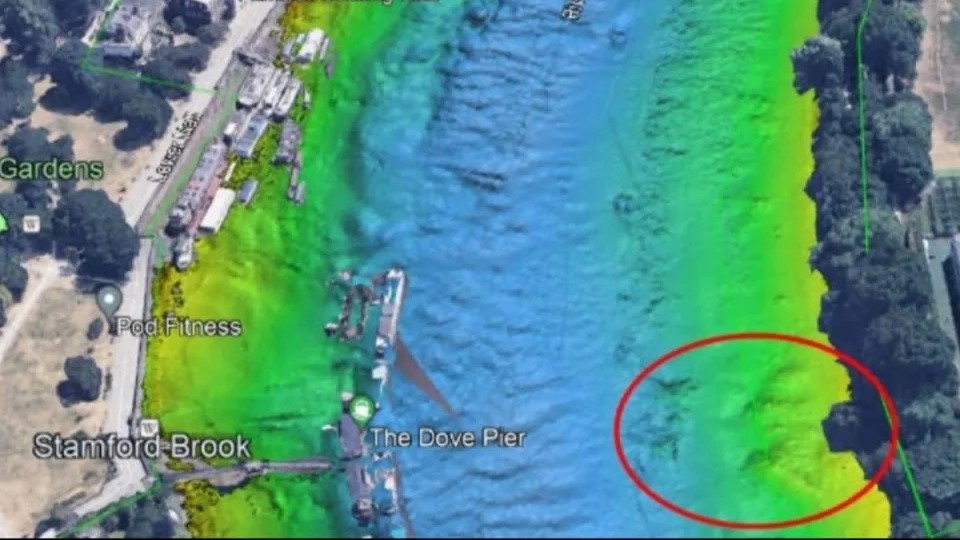
The ‘wet wipe island’ that has recently created problems in the Thames should draw everyone’s attention to the ways in which we neglect our environment. It should be a warning for all of us to think and act differently.
The problem seems to have been caused by people disposing of wet wipes by flushing them away. Many people do not realise that wet wipes contain a large volume of hidden plastic and that, therefore, they shouldn’t be flushed away. In some cases, wet wipes could take 500 years to properly break down.
Even when wet wipes are labelled as flushable, they may be incorrectly labelled or still cause problems if flushed away in large quantities, so we suggest that people always dispose of wipes and other similar products (like wet wipes, sanitary products and condoms) in bins.
Unfortunately, people haven’t received the message. In research we carried out last year, 39% of respondents reported flushing wet wipes away, and 31% admitted to flushing away tampons. At Lanes, we founded the Unblocktober campaign to encourage people to take better care of their drains, and while the campaign has been successful, we will still be at risk of more wet wipe islands from forming in our waterways unless people adopt better habits.
Disposing of plastic products in the bin is not only more environmentally sound, but better for household drainage systems, so there are benefits for everyone in taking more care with what we flush away. Products containing plastics can accumulate and form fatbergs, which are also an expensive and inconvenient problem to deal with. They can block drains or even sewers if they become large enough, and the wet wipe island appears to be a type of fatberg.
Lanes Group’s drainage engineers spend a lot of time in the sewers and have seen first-hand the impact that improperly discarded wet wipes and fatbergs can cause. We helped to remove the Whitechapel fatberg in 2017, which was over 250m in length and weighed over 130 tonnes. Things haven’t improved since then, and we expect to see bigger fatbergs and more wet wipe islands in the future.
We can only avoid these problems in future by reducing how much plastic we use and taking more care in how we dispose of these products so that they don’t end up in our environment.



